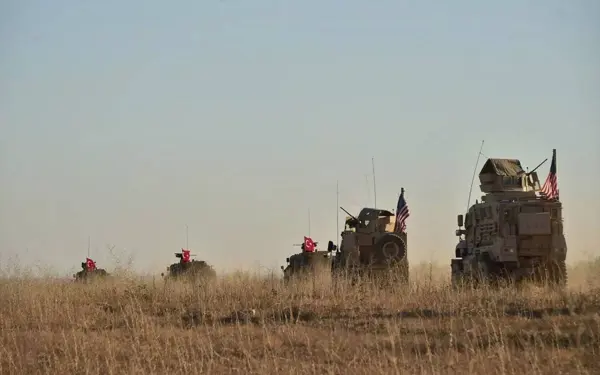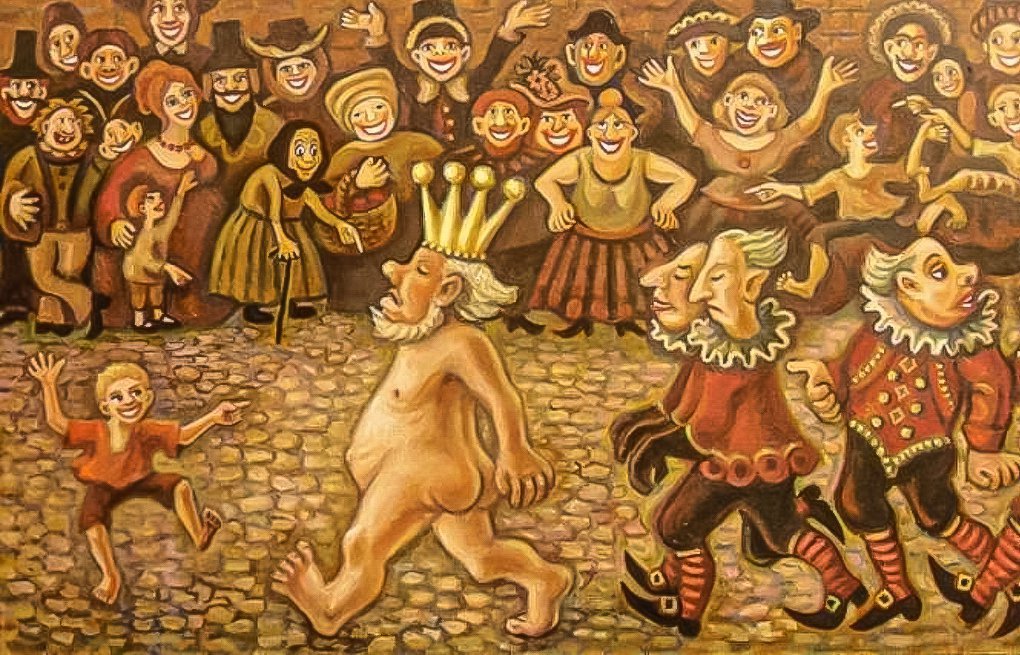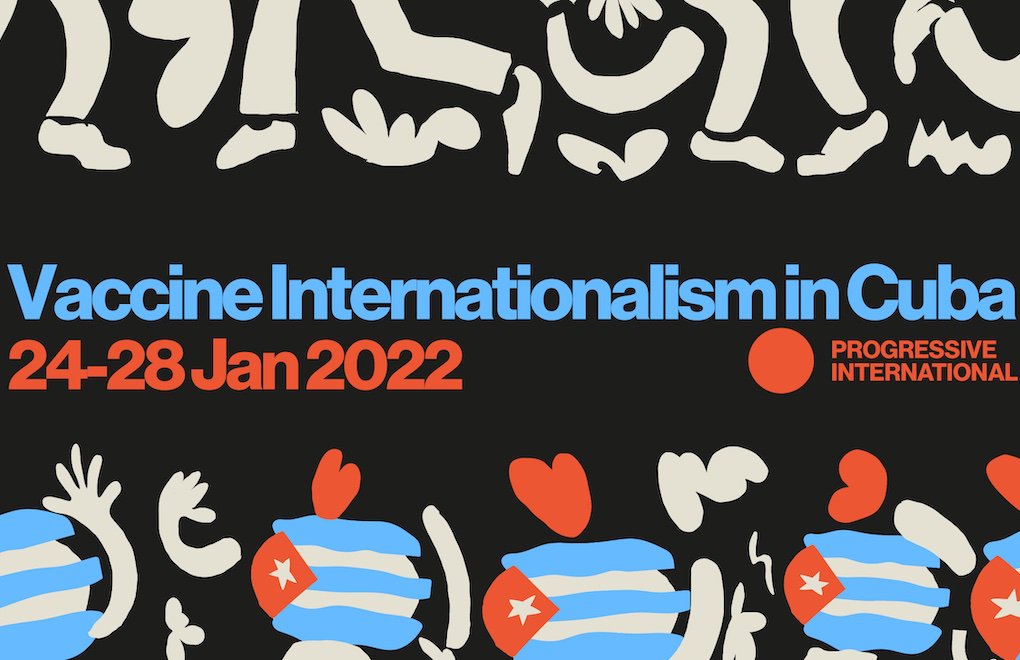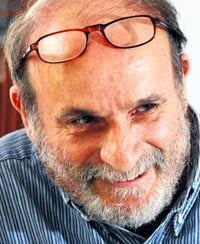Inmates Show No Sign of Ending Hunger Strike
By Ertugrul Kurkcu
ISTANBUL, Mar 29 (IPS) - The death of a political prisoner in Turkey last weekmay spark a chain of similar action by other inmates on hunger strike in thecountry's prisons, a medical doctor has warned.
Umit Erkol, of the Ankara Physicians Chamber (ATO), says unless governmenttakes immediate steps to seek a solution to the strike 'sudden deaths areinevitable'.
''Most of the strikers have already lost consciousness. It's not clearwhether they can be treated and protected from permanent disorders anddisabilities," he says. Up to 33 prisoners are under intensive care in two hospitals in Ankara.
Otherhunger strikers in other prisons also have been rushed to hospital fortreatment, according to human rights groups.
The first victim, Cengiz Soydas, died in Ankara's Sincan Maximum Security Prison this week, after a turbulent hunger strike.
Soydas, 29, was one of the hunger strikers who protested against government action to transfer political prisoners to maximum-security prisons, publicly known as "F-Type" prisons, on Oct 29, 2000.
A former engineering student, Soydas was sentenced to 15 years for allegedly being a member of a clandestine organisation, the Revolutionary People's
Liberation Party-Front (DHKP-C).
Soydas, who lost his life on the 150th day of the hunger strike, was transferred to the Sincan Maximum Security Prison from Bartin Prison in the northwest of the country.
To the chagrin of human rights groups, the government has tried to end thestrike by the use of force. In one similar move on Dec 19, the governmentlaunched military operation code-named "Return to Life" to force the inmates toend their hunger strike.
During the operation, which lasted one week, 10,000-strong gendarme raided 48prisons across the country, leaving behind 33 dead, two of them gendarmes. Eightprisoners also "disappeared", and at least 426 other inmates suffered injuries.
''As the week closed 1,005 prisoners had been transferred to 'F-type' prisons most of which were under construction,'' says Silvia Casale, President of the Committee to Prevent Torture, an organisation affiliated to the Council of Europe. "The situation is alarming and we are seeking a new drive for arbitration between the prisoners and the ministry of justice."
Efforts by an ad hoc committee, comprising heads of prominent non-governmental organisations (ngos) and celebrities such as veteran novelist Yasar Kemal, as well as composer and singer Zulfu Livaneli, to find a solution to the strike failed in November and December.
"An instant solution to the present predicament is unlikely to be found," says Casale. "Bringing the hunger strike to an end will require a process of adaptation, explanation and confidence building."
Justice Ministry officials withdrew from the negotiation table on Dec 18, claiming that the prisoners' demands were more of a political nature than relating to a reform in the prison conditions.
The Ministry of Justice claims that the "F-Type" Prisons comply with the provisions of "The Law To Combat Terrorism, No. 3713".
According to Article 16 of the Turkish law "those who have been arrested or convicted in accordance with the provisions of 3713 shall be confined in special prisons based on solitary confinement or in three person per cell. They shall not be permitted open visits and their contacts with other prisoners shall be banned."
The Turkish Physicians Association (TTB) has criticised the maximum-security prison system for its "anti-social" and "inhumane" nature.
A 1999 TTB report conducted in Kandira "F-Type" prison, in the northwest of the country, says "the life of the convicts lies in the hands of prison directors. Water, electricity, and heating are tightly controlled. There is no common space for dining. Maximum sound isolation amplifies the individual's feeling of loneliness."
"In the solitary confinement cells, the convicts are forced to use their toilets as bathrooms. They are forced to eat, sleep, bath and go to the toilet within the same space of the eight square metres," the TTB report says.
"The 'F-Type' prisons neglect individual's right to protect his/her health and integrity. On the contrary, the system aims at enslaving individual's body and mind. Scientifically such a medium would only accelerate the convicts' physical and psychological breakdown," the TTB report concludes.
Some 8,000 out of the 12,800 political prisoners in the Turkish prisons are believed to be the supporters of the Kurdish guerrilla Worker Party, the PKK. The rest belong to the radical Islamic group, Hizbollah, and radical leftist Turkish groups such as the DHKP-C, TKP/M-L, and TKEP/L.
Although they comprise 75 per cent of Turkey's total political prisoners, Abdullah Ocalan's PKK convicts have not taken part in the hunger strike. The strike is championed by the DHKP-C with support from TKP/M-L.
Turkey's overcrowded prisons, with some 70,000 inmates, were emptied after a conditional amnesty for petty criminals on Dec 12, one week before the military operation. Political prisoners were, however, excluded from the amnesty.(END/IPS/EU/HD/ek/mn/01)
The long and hot summer ahead

'Shamelessness'

LEFT TIDE IN LATIN AMERICA-III
The new task: 'To contribute the reintegration process, to recover the lessons of the Cuban revolution'

LEFT TIDE IN LATIN AMERICA-II
An International to accompany the continental rise of the Left

LEFT TIDE IN LATIN AMERİCA-I
David Adler: "A new vision that is feminist, ecologist, and pluralist"





